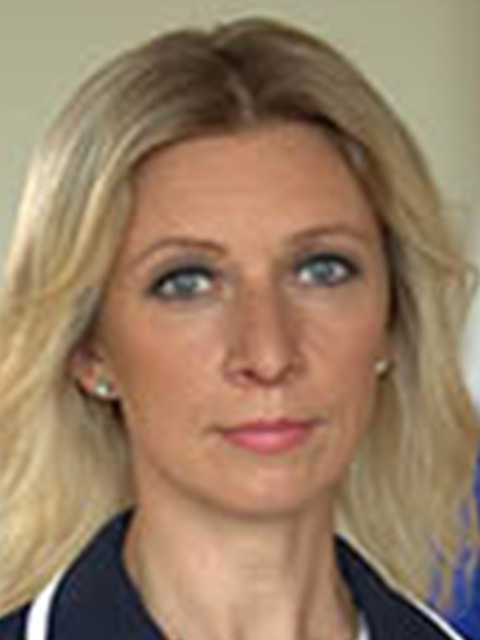Maintaining a Single Digital Landscape in the Face of a Struggle for Digital Sovereignty
Increasingly, Russian media outlets and private users are encountering censorship on major international online platforms (such as Twitter, Facebook, and YouTube) and their accounts are blocked, along with access to materials. Late last year, the State Duma passed a law enabling countermeasures to be taken when Russian media resources are censored. These include blocking and slowing internet traffic, and issuing fines to transgressors. Remarkably, a great many countries under various systems have been affected by dictates imposed by the tech giants’ platforms, including those ideologically close to the US. How is this situation likely to develop, and could this result in Russia emulating China in building a “great firewall”? Do governments have the right to protect the flow of information in their countries in this way, and will this lead to the single information space becoming fragmented? Should the international community draft an international convention to regulate online companies? And will Russian companies be able to create genuine social media competitors to Google, Facebook or YouTube?
Moderator
Daniel Hawkins,
Journalist, Anchor, RT Channel
Panellists
Roman Babayan,
Anchor on the Television Show "Right to Vote", TV Centre Channel
Alexander Zharov,
Chief Executive Officer, Gazprom-Media Holding
Maria Zakharova,
Director, Department of Information and the Press, Ministry of Foreign Affairs of the Russian Federation
Margarita Simonyan,
Chief Editor, Media Group "Rossiya Segodnya", Sputnik International Information Agency
Earl J. Wilkinson,
Executive Director, Chief Executive Officer, International News Media Association (INMA) (online)









